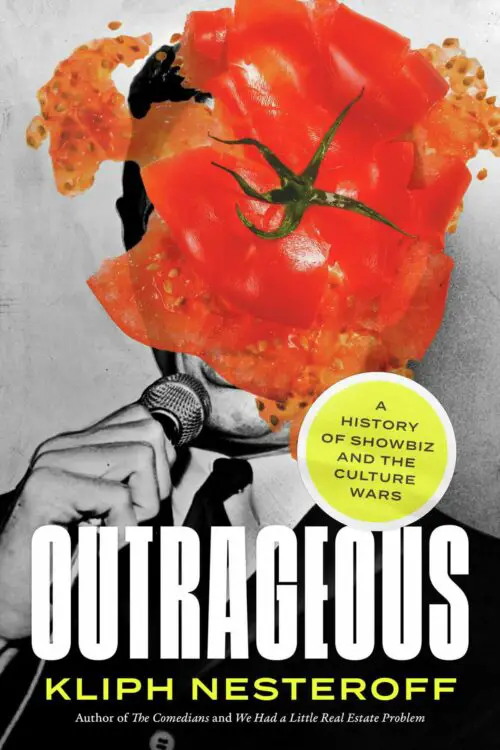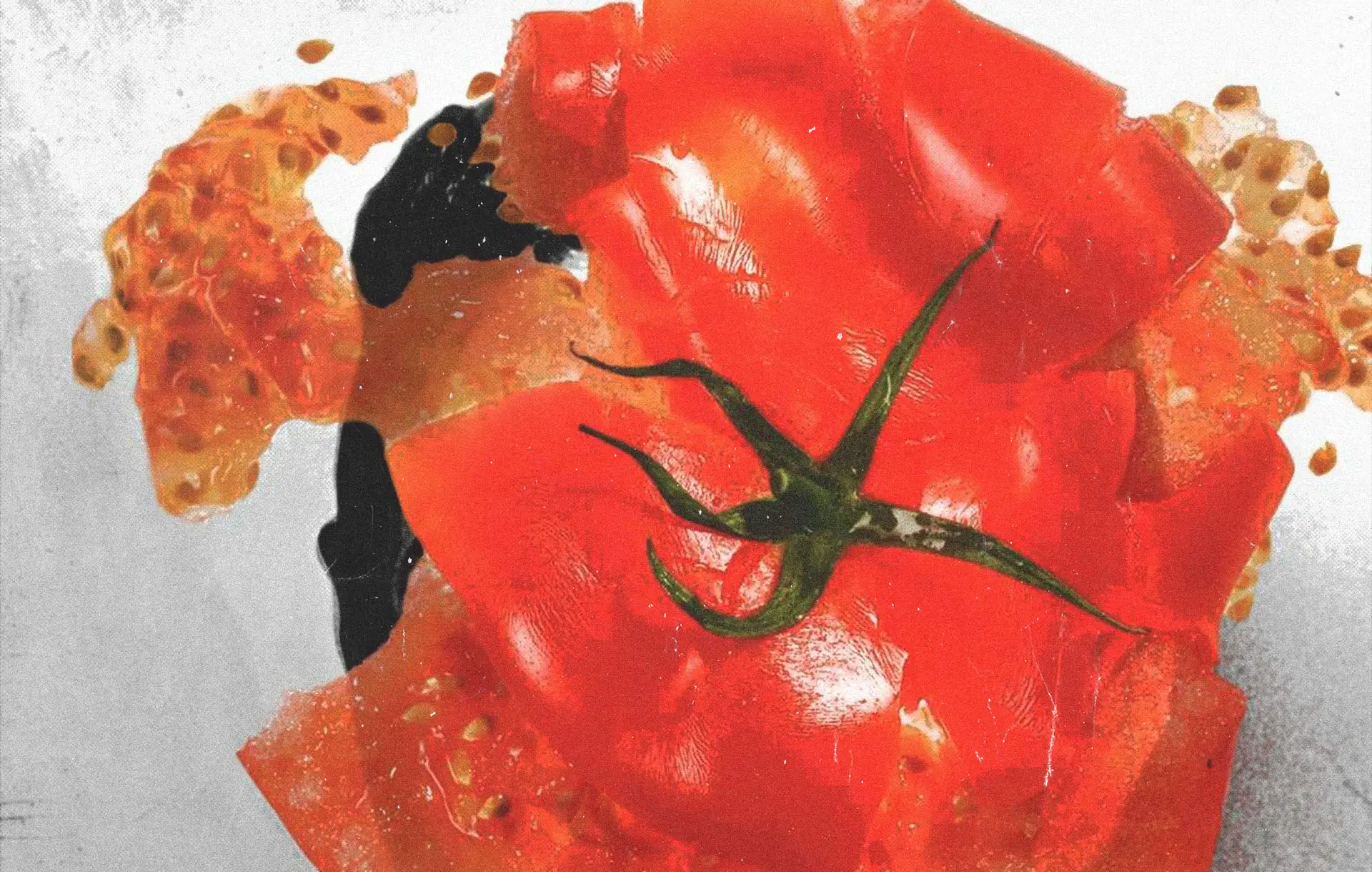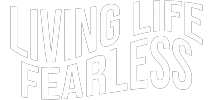
This is the second part of our discussion with comedy historian Kliph Nesteroff, author of the new history Outrageous: A History of Showbiz and the Culture War. In the first part, we discussed the First Amendment, how he came to comedy history, and how insane letters to the editor used to be.
SS: Are you familiar with Thomas Doherty, the film professor at Brandeis University? He was my professor in college. He’s done a lot of work on pre-code Hollywood and that kind of stuff.
KN: Yes, yes, great books. I’ve read them.
SS: He pops up in documentaries a lot these days, I’ve noticed. I’ll be watching some documentary about Hollywood history, and there he is. And actually, you mentioned Lenny Bruce. I went to the Lenny Bruce conference at Brandeis. It was in 2016. I think it was like either the centennial of his birth or something like that, where they had that, where they talked about a lot of these issues and that sort of thing.
And I know that Lenny Bruce gets invoked in many ways in these types of conversations, sometimes in kind of ridiculous ways. You’ll hear, you know, a comedian say something racist, and they get criticized for being racist. And he’s like, well, they’re just doing to me what they did to Lenny Bruce. And they’re not doing what they did to Lenny Bruce.
KN: Very self-serving.
SS: Louis C .K. People compared him to Lenny Bruce when he, you know, lost his career for six months, because he, you know, because of what he did.
KN: I mean, I always, I want to distinguish, and people often don’t, you know, when they use the phrase cancel culture. There’s a big difference between a comedian getting in trouble for something they say on stage and a comedian getting in trouble for something they do offstage. You know they’re two completely different considerations and they should not cross over. Just because your job is a comedian that doesn’t give you license to do things that are unacceptable offstage.
So like when I did stand up I was an insult comic and I was good at it and I would insult the audience and it killed. But if I go into Trader Joe’s and I’m waiting in line as a civilian, I can’t just start insulting everybody and accept them to love it, right? So there are two different standards and allowances that we give to comedians based on what they’re doing on stage or off. You look at a lot of the scandals of recent history involving comedians. Not only does it have a lot to do with offstage behaviors, but sometimes it just has to do with being offstage in general.

So tweeting and Twitter are not the same as stand-up comedy. And podcasting is not the same as stand-up comedy. And so our allowances, our forgiveness, our suspension of disbelief is different in those contexts.
Podcasting has more in common with the comedian standing in line at Trader Joe’s offstage than it does with the comedian on stage unless they’re doing a scripted show because you’re just in conversation, you’re not doing an act.
The same with social media, it’s interpreted differently, and jokes are interpreted differently. The same way we can misinterpret somebody’s text message as being hostile when it isn’t. You can lose something in translation.
So a lot of the controversies that have arisen with comedians have to do with behavior offstage, something they said on a podcast, something they said in an interview, something they said on social media, and not something they have done in the performance of their act, the only major exception you could think of is Dave Chappelle.
That was in his act and that created a huge controversy. So that’s a good example to look at and discuss when we talk about these issues. But when it comes to a comedian that’s gotten in trouble offstage, either some sort of crime or some sort of accusation or whatever, I think it’s a different consideration. And the one story I have in my new book that’s sort of maybe analogous to that is the famous Fatty Arbuckle scandal because that was all based offstage and it affected what he could or could not do any more on screen.
So that one is analogous but mostly I like to focus on the controversies that derive from the form.
SS: Right, but with Chappelle what’s interesting is that you know this has happened probably four or five times now with these new specials he does and I think I read that he has a new one coming soon where he’ll say these controversial things and he gets heavily criticized for them.
But then ― and I think they had a protest once like outside the Netflix office ― but like he doesn’t lose his job. He doesn’t not have any more specials. He had another special a year later where he probably gets paid more money than the last one because everybody watched it. And then we just do it over and over again.
And I mean I don’t think that’s unhealthy, you know, he probably doesn’t like being criticized, but that’s kind of what happens when you say controversial things.
KN: Yeah well, ultimately the press just runs away with itself. It makes it way too big of a deal and too big of a debate because the protest that happened at Netflix is well within the rights of anybody to participate in. But it was not a major protest. I don’t know how many people but it was maligned on podcasts and in the media as being anti-speech when in reality this should be obvious and shouldn’t bear repeating, unfortunately these days due to propaganda does need to be stated, that participating in a protest is an act of free expression. It is an act of free speech. So it’s not free speech on Dave Chappelle’s side versus anti-speech on the protest side. It’s free expression versus free expression Two forms of free expression that disagree with each other, bashing heads, you know, but that’s not the way it’s characterized.
It’s characterized as you can’t say anything anymore, can’t joke about anything anymore. People are too sensitive these days and it’s not ― it’s two expressions of free speech. And then, ultimately I think it led to people outside of that protest movement maybe widening their understanding and their perceptions a bit hopefully informing people in a certain way. And at the same time, Dave Chappelle can continue doing what he has always been doing.
So to me, there was not really an apocalyptic nature, and there was no fulfillment of this doomsday prophecy that it was the end of the comedy, the death of comedy, you can’t joke about anything anymore.
All of that is demonstrably untrue. And even if a prophet truly believed that, or if people truly believed that in 2015, 2016, and 2017, now we have enough years to step back objectively and look, comedy is still thriving.
It’s still flourishing. It did not die. It has not died. It is not dying. And for all the lip service in our culture given to the idea of a robust debate, as soon as there’s a robust debate, it’s like, ah, ‘you can’t joke about anything anymore.’ It’s like people just don’t want to hear the opposition. And I understand that. I’m sure all of us feel that way. We do wish that everybody would agree with us and nobody ever tries to censor anybody that they agree with. But we should take note that we shouldn’t be conflating free expression with censorship simply because we disagree with free expression.
SS: So, you say at the top of the book you’re not going to talk about things in the age of the internet and you sort of end the narrative at a certain point. What was the reason for that? Are you planning another book on that era or were you just more interested in the earlier times?
KN: Well, I’m a historian so I kind of offset the advent of social media in 2003. Obviously, there’s lots of examples you could have included since then, but I don’t think it’s the role of the historian to write about modern times because one of the things that makes a book of history strong I think is perspective and you need distance to have perspective and so that’s what I’m providing, it’s all old-timey stuff.
Also, it is my greater interest, I enjoy watching bad old TV shows, I enjoy watching bad old movies and I enjoy watching bad old comedians. I do not enjoy watching bad new comedians, bad new movies, or bad new TV shows, I like watching good comedians, good movies, and good TV shows in the modern era, but when it’s from the past for whatever reason I’ll watch any of it, it could be fantastic or it could be horrible or it could be mediocre because of my interest in history, there’s all these other things going on that will keep me engaged.
Maybe it’s a character actor whose life story I know, maybe it’s a filming location that I’m interested in, maybe it’s the fashion of that era, maybe it’s the music of that era, because I’m so interested in the history, I just am more passionate about that. So that’s really why I’m a historian. But I do get asked often to write about modern comedy and I almost always turn it down because I can’t do it that well. It’s not my strength and other people have already got that fully covered.
So I like to stay in my corner, which is a pretty broad corner. My niche of history, is the entire history of show business as a whole, not just comedy from the end of the 20th century and earlier.





